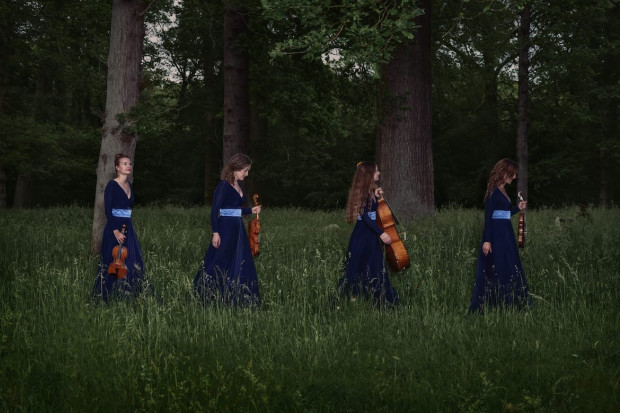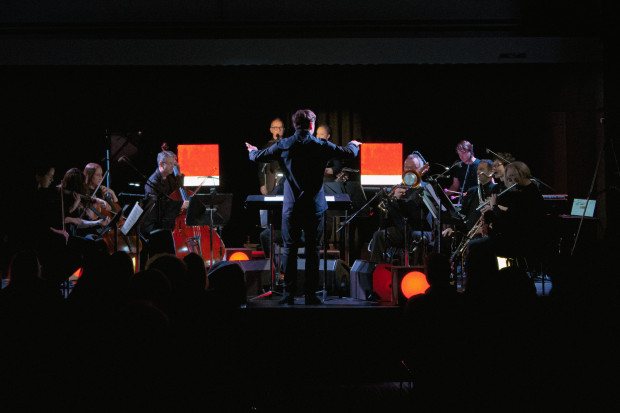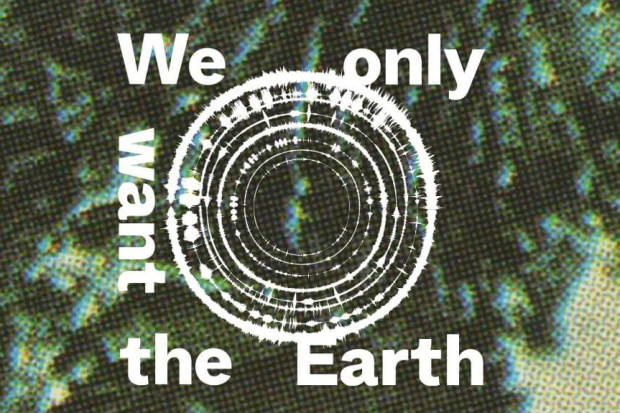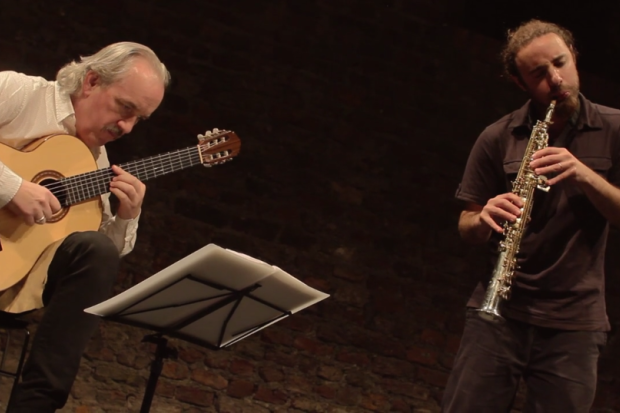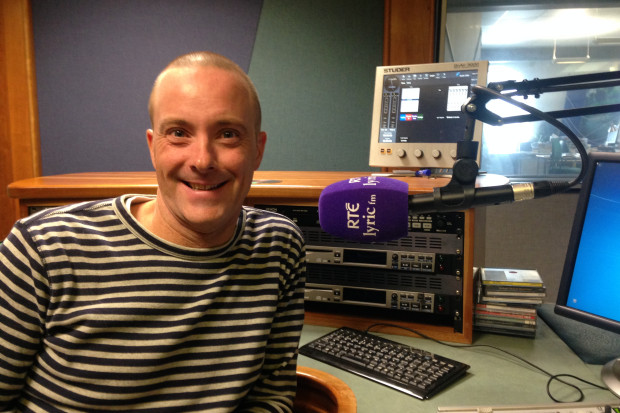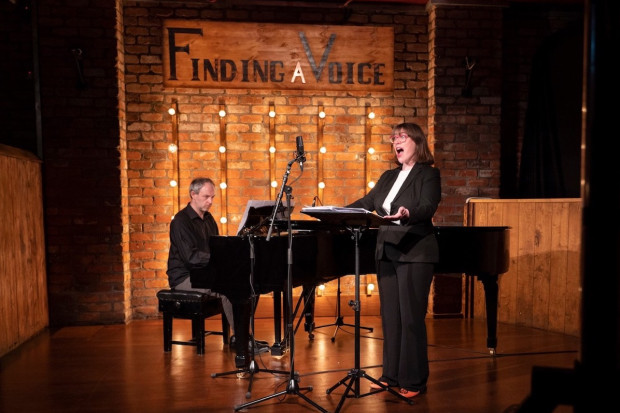Live Reviews: Mostly Modern Festival
This year’s Bank of Ireland Mostly Modern Festival was an Irish/Italian affair, with Luciano Berio and the less well-known Francesco Clementi figuring prominently.
In addition to the major focus on his work at the first RTÉ Living Music Festival, we have had a number of chances to explore Berio’s music in recent years. The attraction of the Sequenza series is obvious: contemporary in idiom, they test the technical skills of the soloist, but they are also expressive in conception, and for an audience have something of the tight-rope-walking drama of old-fashioned virtuoso playing. After a talk by the effervescent Dermot Dunne, Susan Doyle gave us Sequenza No 1 ( flute), Dermot Dunne No. XIII (accordion), Leonie Curtin No. VII (violin), and Kenneth Edge No. VIIb (soprano saxophone). Though she did not appear entirely convinced of this herself, Leonie Curtin gave as commanding a performance as the three better-known soloists.
Fergus Johnston introduced the evening concert, which featured the Vox 21 ensemble (and guest guitarist Dario Macaluso) in a varied programme: Italian composers Franco Donatoni, Giacinto Scelsi, Massimo Botter and Aldo Clementi; and Irish composers John Buckley (an airy Arabesque), Benjamin Dwyer (a vigorous rendition of his Tiento for soprano sax and piano) and Raymond Deane (a committed performance of his Seachanges, though with perhaps a little too much spray in the air).
The prize-winning pieces in the Young Irish and International Composers’ Competitions were also heard. We’ll wish Hugh Martin Boyle a fruitful future in music. All the interest in Victor Lazzarini’s Dance of the Dawn seemed to lie in the piano part (played by Svetlana Dunne).
With the Dublin Guitar Quartet having cancelled, two fine players, William Dowdall on flute and John Feeley on guitar, stepped into the breach. Rhona Clarke’s Reflections on the sixth station of the cross provided a meditative opening, followed by Ian Wilson’s Tern/Icarus – the Tern a little tame in relation both to the flickering flight of the bird itself and to the poetry of John Burnside, who inspired the piece. Two solo guitar pieces followed, with a variety of tone and effect on display in Bruno Bettinelli’s Improvisazione, while M. Castel-Nuovo’s Tarantella exemplified more conventional virtuosity. Elliot Carter’s Il Scrivo Vento for solo flute was a small demonstration of the ever-renewed creativity of that composer. The concert concluded with the quite contrasting idioms of Jerome de Bromhead and David Fennessy.
A lecture on Aldo Clementi by Professor Carapezza raised some interesting questions. Clearly a devotee of Clementi’s work, the professor presented him as the culminating point of Western classical music. We would have to go back to Johannes Ockhegem to find anything like the same devotion to purely musical values. An Escher print (interlocking images of a dog) usefully suggested the way in which Clementi deployed various types of canon (mirror, reverse, etc.). Though no musical examples were played, the language used was such that it was easy to conjure up a sense of the exquisite formal perfection of the composer’s works.
Musical taste is a curious phenomenon. Perhaps the professor had raised expectations too high or perhaps this listener was inadequate to the task of appreciation. In any case, the evening concert devoted to Clementi was a disappointment. In the opening Fantasia, for example, the music pursued its path, with the clarity and purpose of a Telemann or Bach, but it was as if the composer had paid no attention to how the music would sound as he worked out his fascinating formal problems. I apologise if this is a grotesque caricature of the work.
Certainly, Professor Carapezza seemed very happy throughout, and it would be wrong not to mention the variety of rhythm and tone presented. Blues, in particular, stood out. This stop-start solo piano piece, based on a motif from the great jazz composer/pianist Thelonious Monk, was performed – attacked might be a better word – very spiritedly and convincingly by Márta Erdei. (Her performance at a Spanish/Irish Mostly Modern concert earlier was also outstanding.)
The festival (which had the backing of the Italian Cultural Institute and of the Community of Racalmuto, Sicily) also included a solo guitar concert given by Dario Macaluso and a presentation of electro-acoustic music by Roger Doyle (featuring Berio, Clementi, Donnacha Dennehy and Doyle himself). Mostly Modern’s policy of creating international musical exchanges and systematically playing contemporary Irish composers alongside their fellows from abroad is an admirable one – beneficial to audiences and composers alike.
www.mostlymodern.ie
Published on 1 May 2006
Barra Ó Séaghdha is a writer on cultural politics, literature and music.










